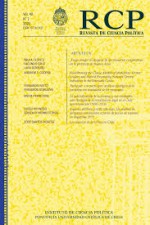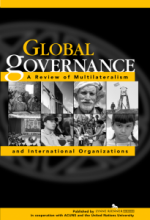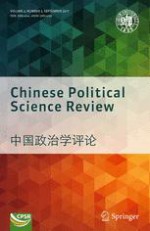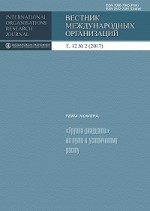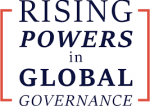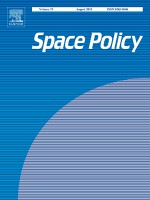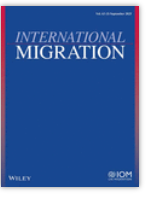Populism and the Domestic Challenge to Diplomacy

The challenge to diplomacy for numerous Western countries has become domestic in nature. Although serious tensions exist concerning the global institutional architecture, these do not constitute the existential threat of the 1930s. Unlike in that earlier era, there has been no outright abandonment of international organizations (IOs), as punctuated by the failure of the League of Nations. Rather than disappearing, IOs have proliferated, albeit with a bias towards informal self-selected forums including the G20 and the Financial Stability Board. Nor does the world’s geo-political environment include a cluster of totalitarian states bent on territorial expansion by military means. In many ways, liberal internationalism continues to hold sway, at least as judged by the degree of complex interdependence. Instead of the hold of autarchy (with large national champions having exclusive authority in zones of control), it is the image of hyper-globalization that defines the 21st century. Massive corporations are not the only victors from this situation, since large NGOs (Oxfam, MSF) and philanthropic bodies (The Gates Foundation) have benefited as well. Moreover, reflecting this kind of pluralism, it is no longer a hegemonic or unipolar era. Rather there is ample space particularly for big state actors beyond the West (above all the BRICS, including China, India, Brazil, and South Africa as well as Russia) and outside the traditional establishment of the G7/8 to exert influence. Indeed, at the recent 2018 BRICS summit in Johannesburg, the BRICS positioned themselves as defenders of the multilateral economic order.

